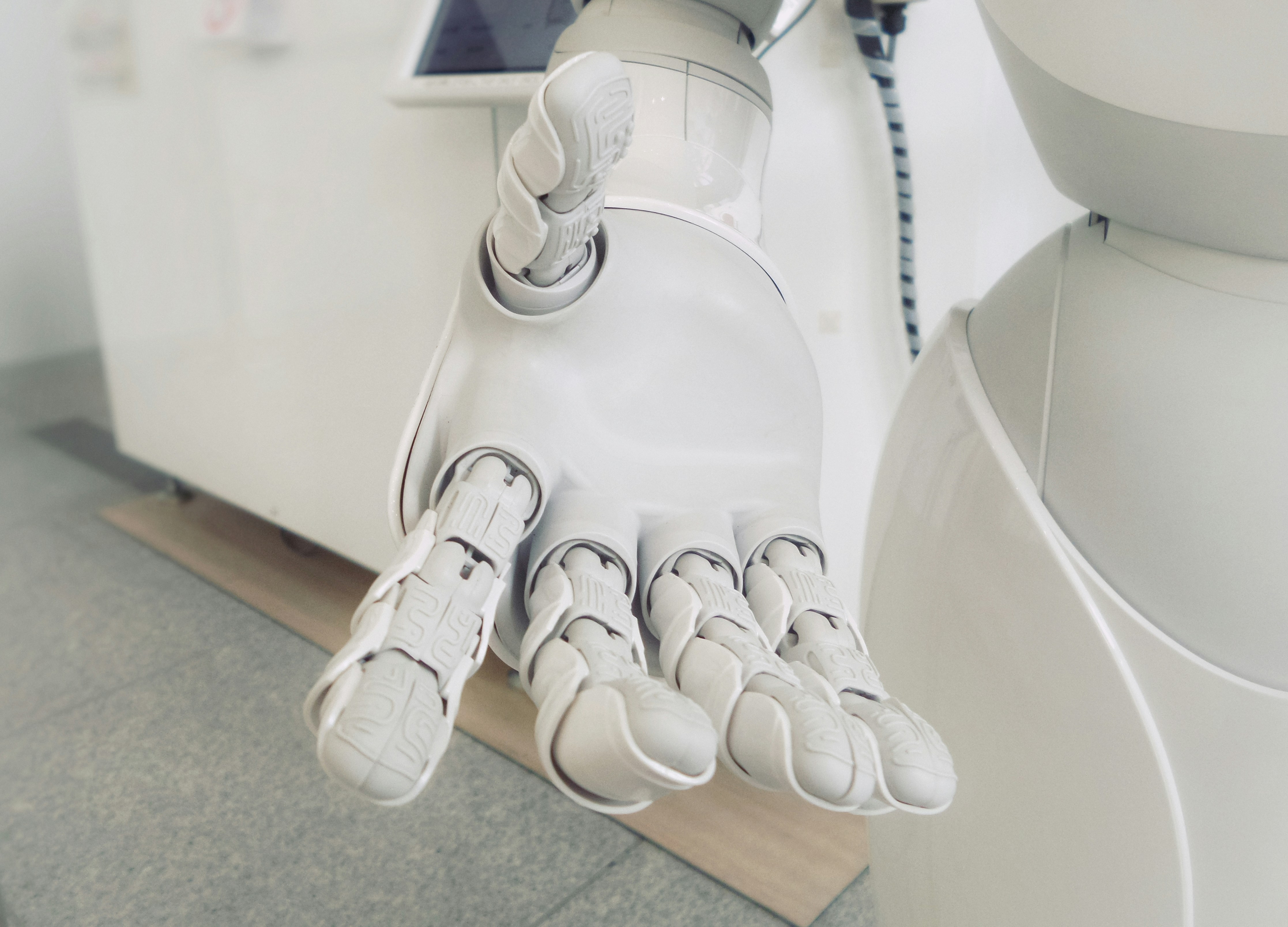The Sustainability Question: Will AI-Driven Markets Adapt Or Crash?

In an era where artificial intelligence (AI) is no longer a distant promise but a pivotal driver of market valuations, the financial landscape is experiencing an unprecedented boom. This surge, significantly buoyed by AI, has seen stock markets reach heights unimaginable a few years ago. But beneath the surface of these soaring valuations lies a complex web of economic dynamics and technological advancements, leading many to ponder: Is this growth sustainable, or are we on the precipice of a market crash?
The Forces Behind the AI-Driven Market Boom
AI technologies are revolutionizing industries, from the way we manage data and automate processes to the creation of entirely new products and services. Sectors such as technology, healthcare, and finance are at the forefront of this transformation, experiencing rapid growth and attracting substantial investment. However, unlike previous market booms, the AI surge is underpinned by tangible advancements in machine learning, natural language processing, and robotics, promising a shift in productivity and efficiency across the board.
Yet, the pace of technological innovation raises critical questions about market valuations. Companies leading the AI charge command astronomical prices, often detached from traditional financial metrics. The disparity between these valuations and actual economic output has sparked debate among economists and investors alike, drawing parallels to the dot-com bubble of the late 1990s. While there is undeniable value in AI's potential to disrupt and innovate, the alignment of market expectations with real-world applications remains uncertain.
The Disruption of Traditional Business Models
The impact of AI extends beyond stock prices and investment trends; it's reshaping the very fabric of the economy. Traditional industries are being challenged by nimble startups and tech giants alike, leveraging AI to redefine markets. This disruption, while a testament to innovation, also introduces volatility and uncertainty. The displacement of established business models can lead to short-term economic dislocations, affecting employment, income distribution, and consumer spending. Identifying the winners and losers in this shift is crucial for understanding the broader implications of AI on economic sustainability.
Market Adaptation Scenarios
As the market navigates the waves of AI-driven growth, two primary adaptation scenarios emerge. On one hand, there's the potential for gradual adaptation, where innovation, regulation, and market mechanisms converge to integrate AI advancements seamlessly into the economic landscape. This pathway promises a future where AI enhances productivity and prosperity without precipitating a market crash.
On the other hand, the risk of abrupt corrections looms large. Overvaluation, speculative bubbles, and the rapid pace of disruption could trigger a market downturn, echoing past crashes. The challenge lies in distinguishing between speculative exuberance and genuine growth prospects, a task complicated by the novelty and complexity of AI technologies.
Mitigating the Risks of a Crash
For investors and policymakers, navigating this uncertain terrain requires a balanced approach. Regulatory frameworks must evolve to keep pace with technological advancements, ensuring fair competition and preventing market manipulation. Investors, for their part, should prioritize diversification, looking beyond the allure of AI stocks to build resilient portfolios.
Equally important is the role of societal and ethical considerations in guiding AI development. As the technology reshapes the economy, addressing its impact on employment, privacy, and security will be critical for maintaining public trust and ensuring that the benefits of AI are broadly shared.
Preparing for the Future
The AI-driven market boom presents a unique opportunity to rethink our approach to economic growth, innovation, and sustainability. For investors, staying informed and adaptable is key to navigating the risks and rewards of this new landscape. Companies, meanwhile, must invest in research and development, cultivating the skills and technologies needed to thrive in an AI-dominated future.
Policymakers have a pivotal role to play, crafting policies that encourage innovation while safeguarding against the excesses of speculation. By fostering an environment that balances technological advancement with social responsibility, we can ensure that the AI revolution leads to sustainable growth, rather than a market crash.
In conclusion, while the excitement around AI and its impact on stock markets is warranted, it's accompanied by a degree of caution. The question of whether AI-driven markets will adapt or crash remains open, dependent on a myriad of factors from technological progress to regulatory measures. What is clear, however, is the need for a nuanced understanding of these dynamics, as we stand on the brink of a new era in economic history. Embracing the potential of AI, while being mindful of its challenges, will be crucial for navigating the path ahead.
Author: Ricardo Goulart
From Chip War To Cloud War: The Next Frontier In Global Tech Competition
The global chip war, characterized by intense competition among nations and corporations for supremacy in semiconductor ... Read more
The High Stakes Of Tech Regulation: Security Risks And Market Dynamics
The influence of tech giants in the global economy continues to grow, raising crucial questions about how to balance sec... Read more
The Tyranny Of Instagram Interiors: Why It's Time To Break Free From Algorithm-Driven Aesthetics
Instagram has become a dominant force in shaping interior design trends, offering a seemingly endless stream of inspirat... Read more
The Data Crunch In AI: Strategies For Sustainability
Exploring solutions to the imminent exhaustion of internet data for AI training.As the artificial intelligence (AI) indu... Read more
Google Abandons Four-Year Effort To Remove Cookies From Chrome Browser
After four years of dedicated effort, Google has decided to abandon its plan to remove third-party cookies from its Chro... Read more
LinkedIn Embraces AI And Gamification To Drive User Engagement And Revenue
In an effort to tackle slowing revenue growth and enhance user engagement, LinkedIn is turning to artificial intelligenc... Read more

